Most parents do their best to raise their children, but some fail miserably along the way.
Indeed, these toxic parents create an unhealthy environment for their children.
Communication is non-existent, so children can’t even understand why their beloved parents adopt such an attitude towards them.
And it’s very difficult to grow up in such circumstances!
After all, family relationships are the pillars of our lives.
It’s the first form of love we feel.
So all our other future relationships, whether friendships or love affairs, develop according to the pattern learned in childhood.
Unfortunately, not all families have love, understanding and good relationships.
Dysfunctional families can be found in all walks of life.
Growing up in such a family leaves its mark, and children can later develop psychological problems, because the family is the first and fundamental community where we need to feel safe and protected.
So if this relationship fails, of course, life’s steps into the world and society become more difficult.
Adults who have grown up in a toxic, dysfunctional family then need therapy.
Only then can they understand their parents’ behavior, forgive them and move on with their lives.
Ultimately, therapy is unavoidable if you want to build healthy friendships, romantic relationships or even professional relationships.
So, here are the nine types of parents that can be considered the worst.
If you grew up in one of these families, I sympathize with you.
Having grown up with an alcoholic father and a narcissistic mother myself, I know that the road to self-acceptance and good mental health is a long one.
So I wish you much courage!
1. The friendly parent

These parents are indulgent and rarely set rules or restrictions.
In fact, they try to be their children’s best friend.
They don’t teach their children much and don’t really guide them.
At first glance, you might think this is a good thing, but in reality, it’s bad for children.
Such permissive parents offer no security to their offspring.
As a result, children may feel insecure due to the lack of limits.
They may become too strong-willed and lack self-discipline.
What’s more, these children generally have poor social skills.
2. The overprotective parent

These parents want to protect their child from all kinds of pain and disappointment.
To do this, they constantly interfere in their child’s life.
They want to know every detail of their child’s life so they can solve all their problems.
Such actions prevent the child from learning to set personal limits and preserve his or her privacy.
Eventually, once problems hit him in life and his parents can no longer help, it will be extremely difficult for him to deal with them independently.
Because he’s learned that someone else always solves his problems, he can’t overcome the obstacles.
These children become completely co-dependent!
3. The perfectionist parent
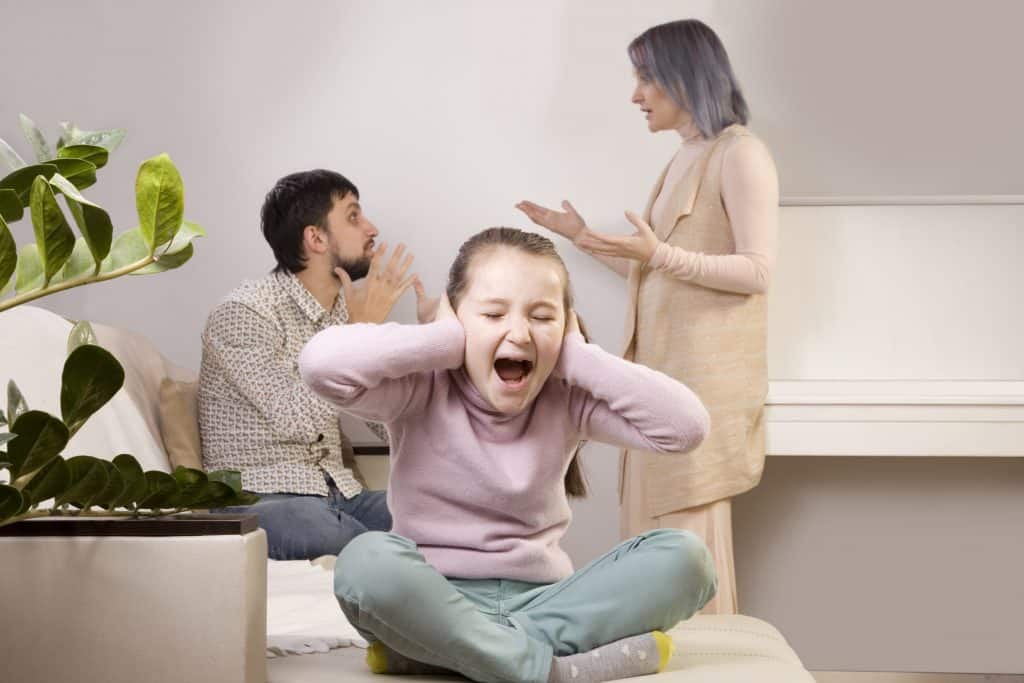
When you look at this kind of family from the outside, everything is ideal.
All its members are beautiful, intelligent, funny and accomplished!
In fact, the perfect parent organizes his family’s life so that it’s beautiful in the eyes of others.
But he hides a lot of secrets under the carpet.
Flaws, arguments and tensions are swept under the carpet with a wave of the hand.
No one can know what’s going on!
An example of deceptively perfect families are parents who have problems such as financial collapses, affairs or divorce, but who pressure their children to outwardly maintain the image of a perfectly happy family.
These children can grow up to become people who generally always care too much what others think of them.
4. Parents who realize their ambitions through their children
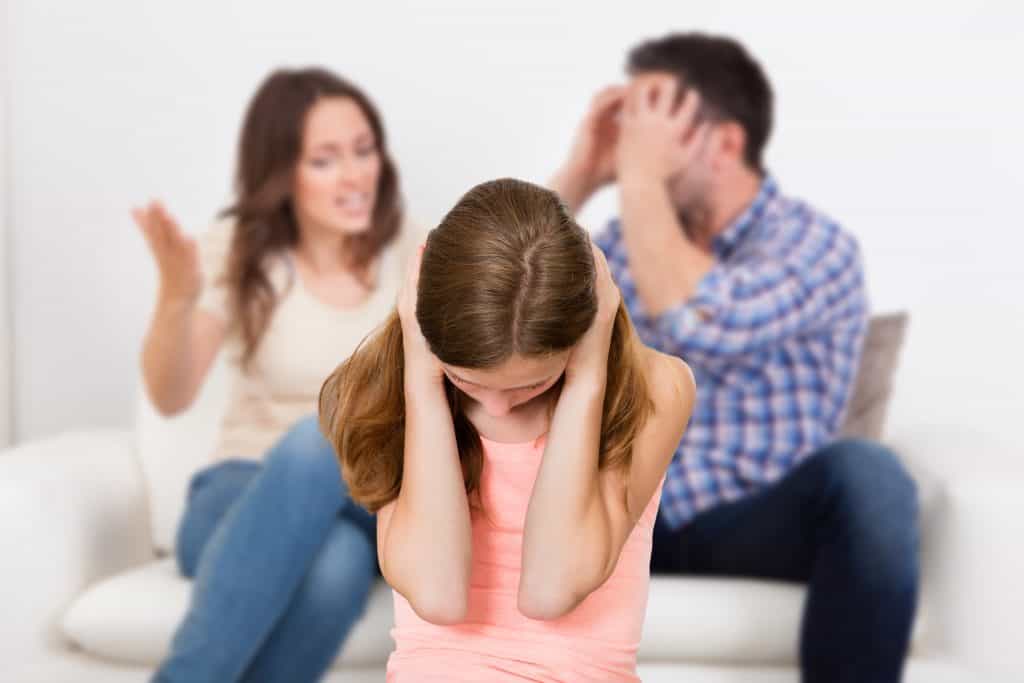
These parents like to boast about their children, and tend to dictate what they should do in life, imposing their wishes and ideas on them.
Every achievement of their child is an opportunity for them to show others how great they are as parents.
These children can feel pressure, as if they’re never good enough.
Typically, this type of parent controls their child’s education and extra-curricular activities.
He or she chooses what to study or what passion to pursue.
What’s more, the parent who lives through their child tends to create their own group of friends and tell them ” don’t hang out with Marc, he’s a bad influence on you”.
These children end up confusing their own goals with their parents’ wishes and needs, and never discover who they are and what they really want from life.
5. The emotionally disconnected parent
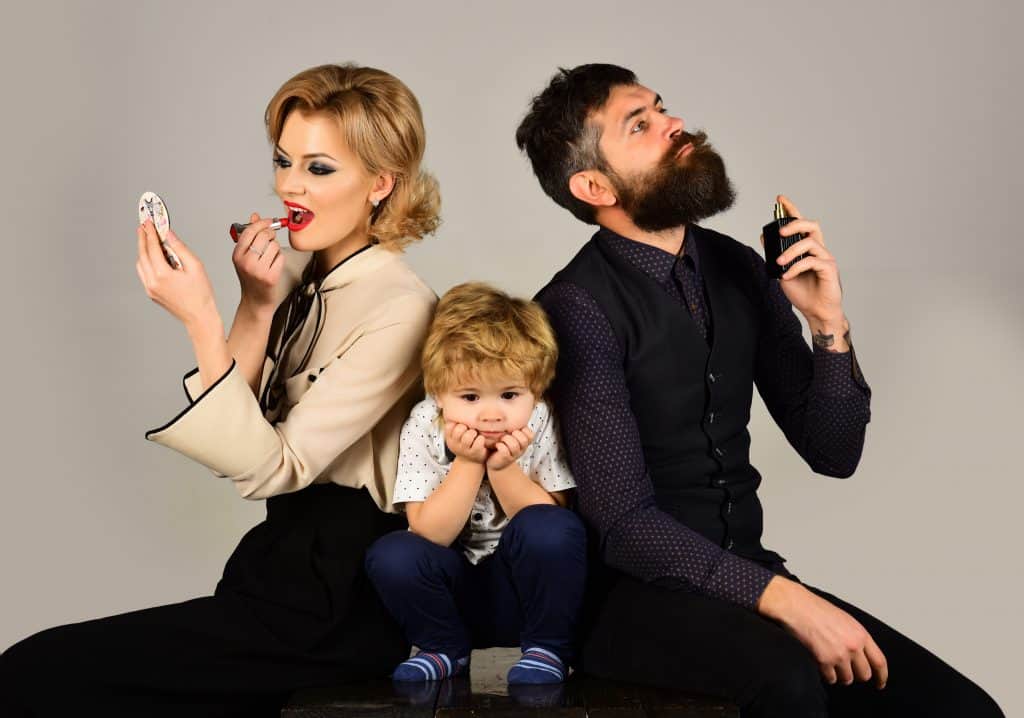
If one parent is like this, the whole family follows!
Indeed, if one member doesn’t seek to create a strong bond with the people closest to him or her, no one can be serene.
These parents don’t know how to show their children love.
With a lack of warmth, hugs, support and emotional closure, they teach children to suppress their emotions.
It’s the parents who will provide the material things needed to grow up, but not the love.
These children may one day have difficulty expressing their feelings themselves.
They may be very closed and even lost.
In short, these children feel they have no identity of their own.
6. The dominant parent
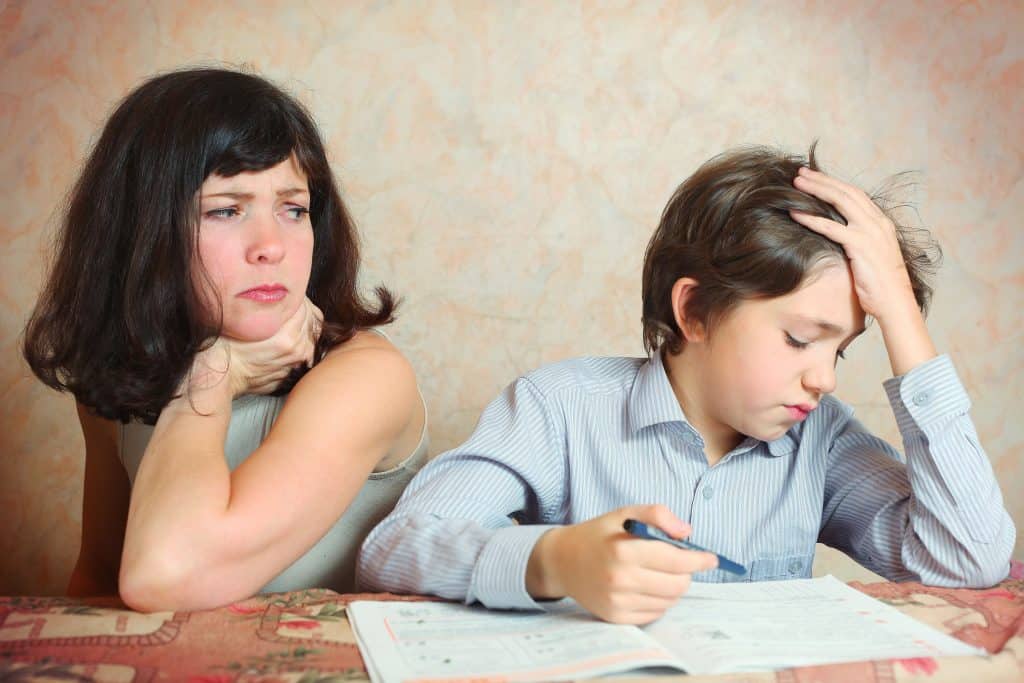
One parent is too dominant, too controlling and ignores the needs and emotions of the other partner and their children.
In fact, this parent behaves like a dictator, thinking he or she always knows best and setting strict rules and excessive demands.
He never praises successes, but always criticizes mistakes.
Often, this parent has narcissistic tendencies.
In these families, children learn to follow the rules, but they don’t gain valuable experience in making their own decisions.
Children in these families generally lack self-confidence.
So, one day, they may be either excessively aggressive (imitating the dominant parent) or excessively withdrawn (imitating the behavior of the parent who was subordinate).
7. The passive parent

In a family where one parent is extremely dominant, the other is extremely passive.
Yet they are just as toxic for their child, because they fear conflict, live in denial and fear, and fail to protect their child from their partner’s authoritarian behavior.
This type of parent sends a destructive message to their child: ” you don’t deserve protection and you deserve to be mistreated“.
Some children of passive parents may defend the passive parent and even play the role of protector, instead of the other way round.
In this way, they become parents to their own parent.
They grow up too fast and take on too much responsibility.
8. The parent who needs a parent
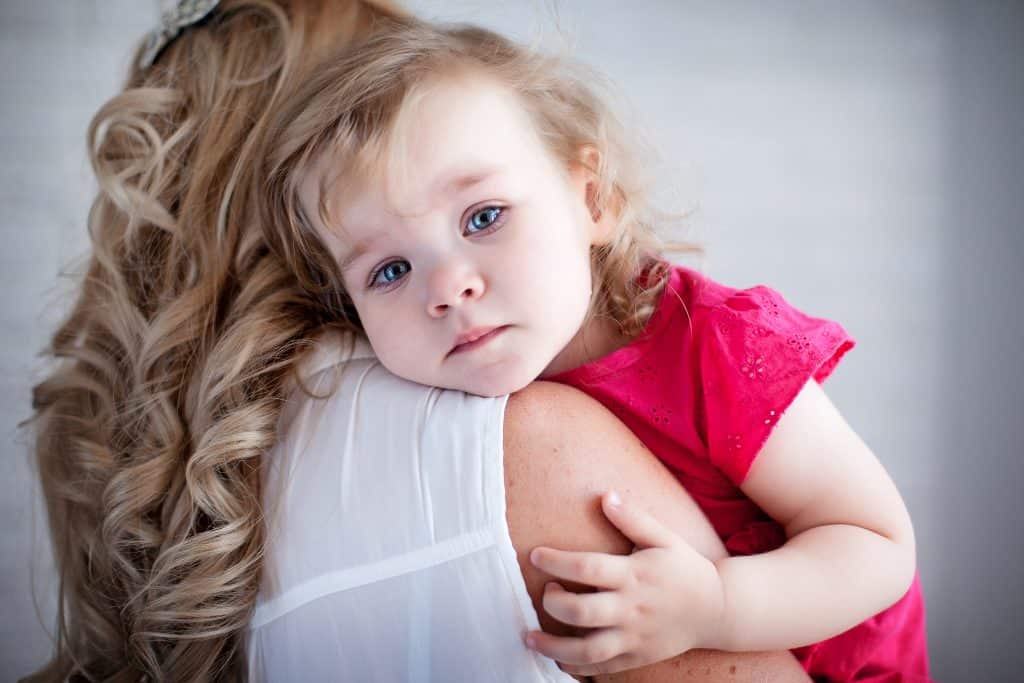
Sometimes people become parents and they’re not ready for it at all.
No matter how much time passes…
No matter how much the child grows…
They’re still not used to their new role, or have simply found themselves in such life-breaking circumstances.
So they look to the child for a shoulder to cry on and support.
Children who grow up in such a dynamic become responsible, grow up sooner and learn a lot about caring for others.
On the other hand, they don’t know how to take care of themselves at all!
9. The violent parent
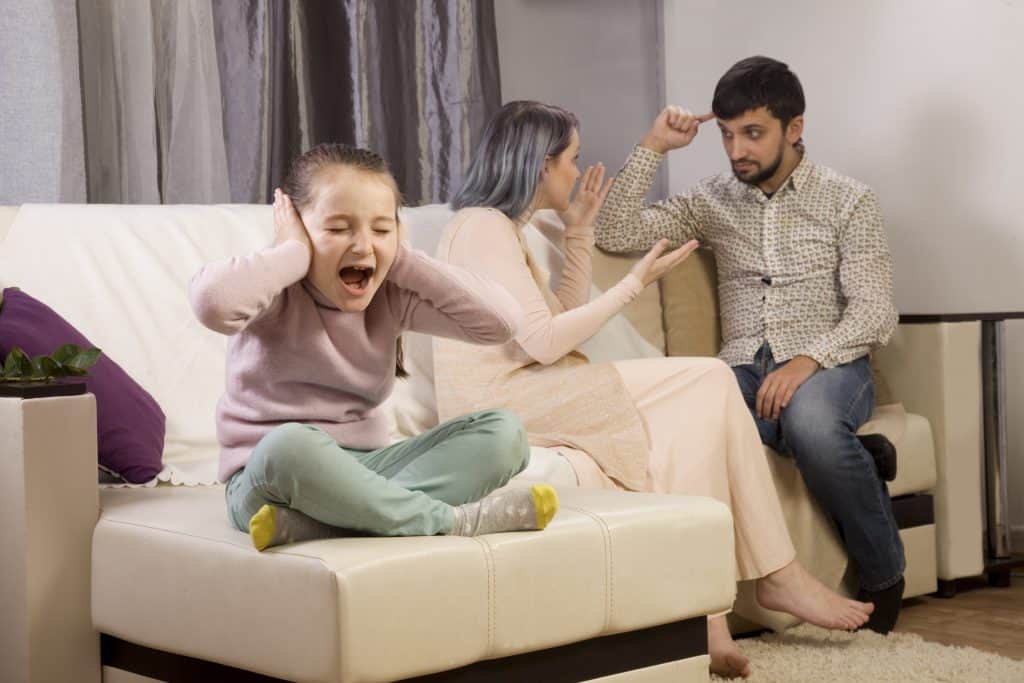
Unfortunately, some children are exposed to all kinds of violence, from verbal to physical.
Growing up in such a family is an experience no one deserves.
An abused child always lives in fear.
When is my mother going to yell at me?
What will I do to provoke my father?
Although it’s difficult to generalize, it’s fair to say that these children grow up with the impression that everything can be solved by violence.
So they may become violent themselves, or one day find themselves in a violent relationship.

